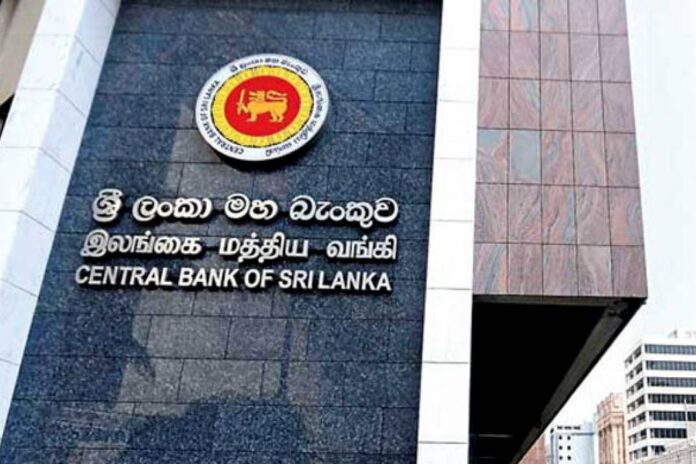By: Staff Writer
October 11, Colombo (LNW): Sri Lanka’s Central Bank has raised a red flag over potential vulnerabilities in the country’s financial system, warning that the widening gap between private sector credit and GDP could pose systemic risks despite the current surge in lending activity.
Releasing its Financial Stability Review 2025 yesterday, the Central Bank of Sri Lanka (CBSL) noted that private sector credit has expanded rapidly through 2025, but the credit-to-GDP ratio an indicator used to gauge leverage in the economy has been widening since mid-2024. This pattern, the CBSL cautioned, suggests that credit growth may be outpacing real economic expansion, heightening the risk of asset bubbles or unsustainable borrowing.
“The widening credit-to-GDP gap points to a potential build-up of systemic risk,” the CBSL stated. “However, robust GDP growth alongside credit expansion would support a healthy and sustainable financial environment.”
According to the report, total lending by regulated financial institutions including banks and finance companies grew by 14% year-on-year by the end of the second quarter of 2025. Finance companies led the expansion with a remarkable 35.1% surge in lending, while commercial banks recorded an 11.4% increase.
The Central Bank attributed this trend to improved business confidence, lower interest rates, and its accommodative monetary policy stance, which collectively boosted borrowing across industries and households.
A sectoral breakdown showed that household borrowing increased notably, driven by vehicle loans, gold-backed financing, and rising consumer spending. Meanwhile, businesses have been borrowing to rebuild inventories and invest in expansion projects, signalling a return of optimism following years of contraction.
The CBSL highlighted that a gradual correction in credit allocation from government borrowing toward productive private sector activity has been a crucial and positive development. Exposure to the government and public corporations declined to 46.5% of total credit by end-June 2025, continuing a structural shift that began in 2024 as fiscal consolidation policies took hold.
“This redirection of lending toward the private sector supports balanced financial intermediation,” the CBSL said, adding that it would enhance the economy’s production capacity and long-term growth prospects.
Despite these improvements, overall private sector credit remains below pre-crisis levels. The credit-to-GDP ratio stood at 28.6% by mid-2025, indicating significant room for further expansion as the economy continues to stabilize.
While the pickup in lending is a positive sign of recovery, the Central Bank cautioned that unchecked credit growth without corresponding GDP gains could expose the financial system to stress. A prolonged gap between credit expansion and real output growth may lead to deteriorating asset quality and rising default risks, particularly if global or domestic shocks reverse current economic momentum.
Survey data in the report revealed that both banks’ willingness to lend and borrower demand strengthened during the first half of 2025, supported by stable liquidity and improving macroeconomic confidence. However, the CBSL emphasized the need for prudent credit assessment and tighter supervision to prevent overheating in the banking and finance sectors.
Analysts say the CBSL’s message reflects a fine balancing act: encouraging credit-driven growth while guarding against systemic risks that could undermine recovery. The continued reduction of government borrowing and greater credit flow to businesses are viewed as positive structural shifts but the pace and quality of credit expansion will determine whether Sri Lanka’s post-crisis recovery remains stable or becomes fragile.
As the CBSL warned, the coming months will test whether the financial system’s newfound momentum can translate into sustainable, broad-based growth or whether the widening private credit gap becomes a harbinger of hidden financial vulnerabilities.
